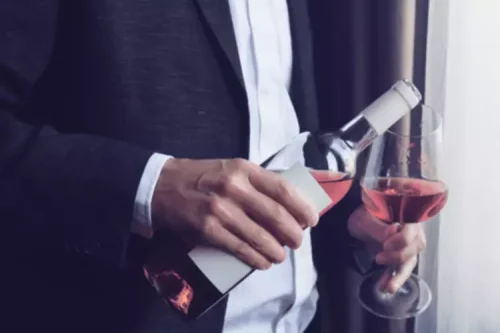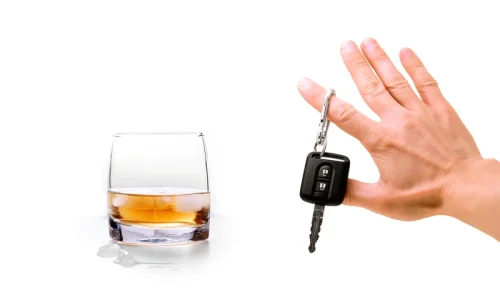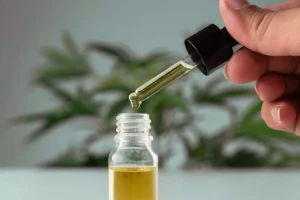
If you have been feeling the way I felt in your journey of learning not to drink alcohol, I hope this perspective can help you make sense of your experience. My story is similar to most people’s stories—alcohol was my favorite lover until it became an abusive partner. I would swear to leave alcohol for good each morning and return to its arms every evening. I felt a lot of shame and guilt for my “weak-mindedness.” I was frustrated and scared, and I thought there was something wrong with me for falling back into the same old trap. Make sure you are in a quiet environment so your body and mind can relax.

How to Fall Asleep Without Alcohol
Alcohol can ease emotions in the short term, but once the alcohol begins to wear off, it can actually create more anger, depression and anxiety. Plus, after three weeks without alcohol you will almost certainly be sleeping better, which also has mood-improving benefits. When people in America notice they’ve developed issues falling asleep, their first reaction is often to have a drink. As your body metabolizes the alcohol, the excitatory nerves rebound. This process can cause you to wake up and experience trouble getting back to sleep. So while you may initially fall asleep quicker, you aren’t getting the benefits of REM sleep through the night.
When should you cut down on drinking?
- Asking for help demonstrates strength, self-assurance, and resourcefulness.
- This sleep cycle disruption is what causes the person to feel tired and “fuzzy” the next day and can lead to further sleep issues, such as insomnia or alcohol addiction over time.
- It’s advisable to limit your caffeine intake, especially in the afternoon and evening.
- This episode of The Verywell Mind Podcast, featuring neurologist and sleep expert Chris Winter, shares strategies for sleeping better at night.
Long-term alcohol use can lead to chronic changes in sleep architecture. A decrease in slow-wave sleep and alterations in REM sleep can persist even after periods of abstinence. This fragmented sleep pattern can lead to feelings of excessive sleepiness during the day. Ultimately, no two cases of insomnia are the same, and no treatment plan is right for everyone.

Can I Quit Drinking Without Rehab?
With dedication and effort, you can break free from the cycle of alcohol dependency and enjoy restful nights of deep, rejuvenating sleep. This is the time when you become consciously aware of the harmful effect of drinking too much alcohol. Yet, on a subconscious level, you continue to believe that alcohol provides certain benefits. A misalignment starts to form—part of you thinks, “I needed to consider a change,” yet another part of you wants to hold onto the old “friend” alcohol badly. This is an extremely painful time, as you experience the drag and pull from the opposite desires.

Likewise, long-term reliance on alcohol for sleep can contribute to an alcohol use disorder (AUD). Drinking a small amount of alcohol may help people fall asleep more quickly initially, but over time, individuals will need to consume more alcohol to achieve the same effect. Often times, it’s easy to grab a bottle of your favorite après beverage to blow off steam and relieve the day’s tensions.

Each stage is necessary for sleep to feel refreshing and for vital processes like learning and memory consolidation to occur. Even though supplements and medications can help tremendously for alcohol withdrawal insomnia, they are not necessary in every case. In other cases, they are necessary, but not sufficient to guarantee that you get the best night’s sleep possible. For people that quit drinking and can’t sleep… I’m SUPER PUMPED to tell you about Sleep Support because it’s an easy and affordable way to consume many of my favorite sleep-inducing nutrients. While this is not a comprehensive picture of the chemicals involved in alcohol withdrawal, skewed levels of any of the above are very common after quitting drinking and can cause insomnia.
Nectar memory foam mattress review: A delicious night’s sleep
- It may also exacerbate morning-after mood disturbances and impair cognitive function.
- RISE can tell you when to do 20+ good sleep habits at the time that’ll make them most effective for you.
- If you think your drinking may be impeding your sleep or overall quality of life, speaking to your doctor or therapist is a great first step.
Alcohol can cause or aggravate a wide range of health issues, from liver diseases to heart problems. Once you expel it from your life, the body can invest energy once assigned to battling alcohol’s toxic effects into nurturing and rebuilding itself. For those with a serious addiction and years of heavy drinking behind them, it’s expected that the insomnia may last longer.

How Long Does It Take Sleep to Improve After Stopping Drinking Alcohol?
It’s crucial to follow the recommended dosage and consult with a healthcare professional to minimize the risk of dependency or other potential side effects. In fact, having a drink before bed might actually have a negative impact on the quantity and quality of your sleep. If you can’t sleep without alcohol, I’m here cant sleep without alcohol to help you make impactful and positive changes in your life. Alcohol addiction can be difficult and potentially dangerous to recover from on your own. Severe alcohol withdrawal can be deadly, so heavy alcohol users should not attempt to wean off alcohol without the help of a professional medical detox facility.
Alcohol-induced sleep disorders
Yet, most of the time, you continue to deal with the nagging feelings of missing out or being deprived. In this stage, although you are able to outwardly and consciously change your behavior, inwardly and subconsciously, the old beliefs about alcohol are left entirely or partially untouched. The choice of “not drink” continue to require mental effort and willpower due to the misalignment between conscious desires and conscious desires. You may feel exhausted at times due to the amount of mental energy from maintaining the task of not drinking.
